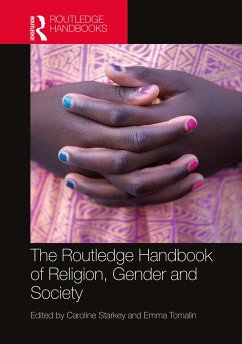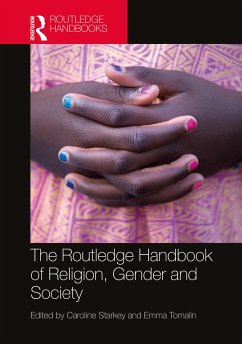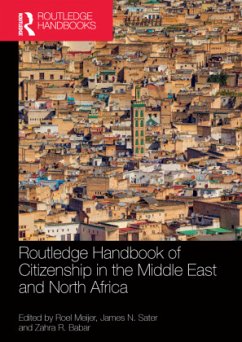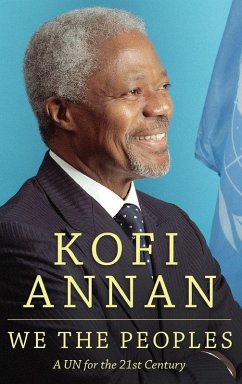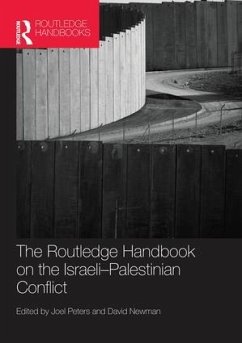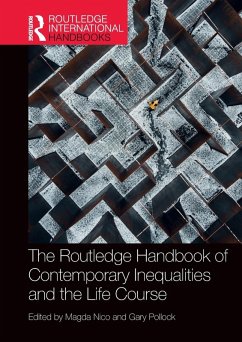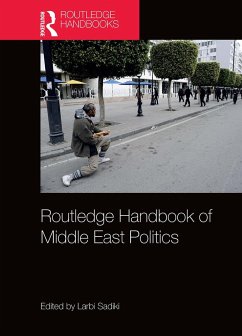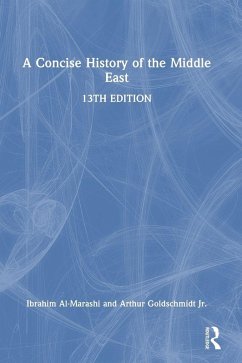
Routledge Handbook on Women in the Middle East

PAYBACK Punkte
110 °P sammeln!
The Routledge Handbook on Women in the Middle East provides an overview of the key historical, social, economic, political, religious, and cultural issues which have shaped the conditions and status of women in the region.The book is divided into eleven thematic sections, providing a comprehensive guide to understanding the current and historical contexts of women in the Middle East, each giving ground-breaking insights into various aspects of women's movements:The importance of historical context, including pre-Islamic through post-colonial historiesThe importance of politics and the state in...
The Routledge Handbook on Women in the Middle East provides an overview of the key historical, social, economic, political, religious, and cultural issues which have shaped the conditions and status of women in the region.
The book is divided into eleven thematic sections, providing a comprehensive guide to understanding the current and historical contexts of women in the Middle East, each giving ground-breaking insights into various aspects of women's movements:
The importance of historical context, including pre-Islamic through post-colonial historiesThe importance of politics and the state in understanding women in the MEWomen's roles in political and social movementsThe impacts of the formal and informal economies and education on women of the regionWomen's spaces and the creation of publics and counterpublicsThe effects of war, displacement, and other forms of gendered violenceWomen, family, and the stateDiscourses and practices of religionWomen and health practicesBodies and sexualitiesWomen and sites of cultural production
A unique overview of cutting-edge research in the key arenas of pre-Islamic to post-colonial histories, this Handbook will affect the way future generations of scholars engage with and add to the vast repository of socio-political studies of the Middle East. It will thus be of interest to researchers in gender studies, women's studies, pre-Islamic and post-colonial studies, feminist studies, and socio-political and socio-economic studies.
The book is divided into eleven thematic sections, providing a comprehensive guide to understanding the current and historical contexts of women in the Middle East, each giving ground-breaking insights into various aspects of women's movements:
The importance of historical context, including pre-Islamic through post-colonial historiesThe importance of politics and the state in understanding women in the MEWomen's roles in political and social movementsThe impacts of the formal and informal economies and education on women of the regionWomen's spaces and the creation of publics and counterpublicsThe effects of war, displacement, and other forms of gendered violenceWomen, family, and the stateDiscourses and practices of religionWomen and health practicesBodies and sexualitiesWomen and sites of cultural production
A unique overview of cutting-edge research in the key arenas of pre-Islamic to post-colonial histories, this Handbook will affect the way future generations of scholars engage with and add to the vast repository of socio-political studies of the Middle East. It will thus be of interest to researchers in gender studies, women's studies, pre-Islamic and post-colonial studies, feminist studies, and socio-political and socio-economic studies.




